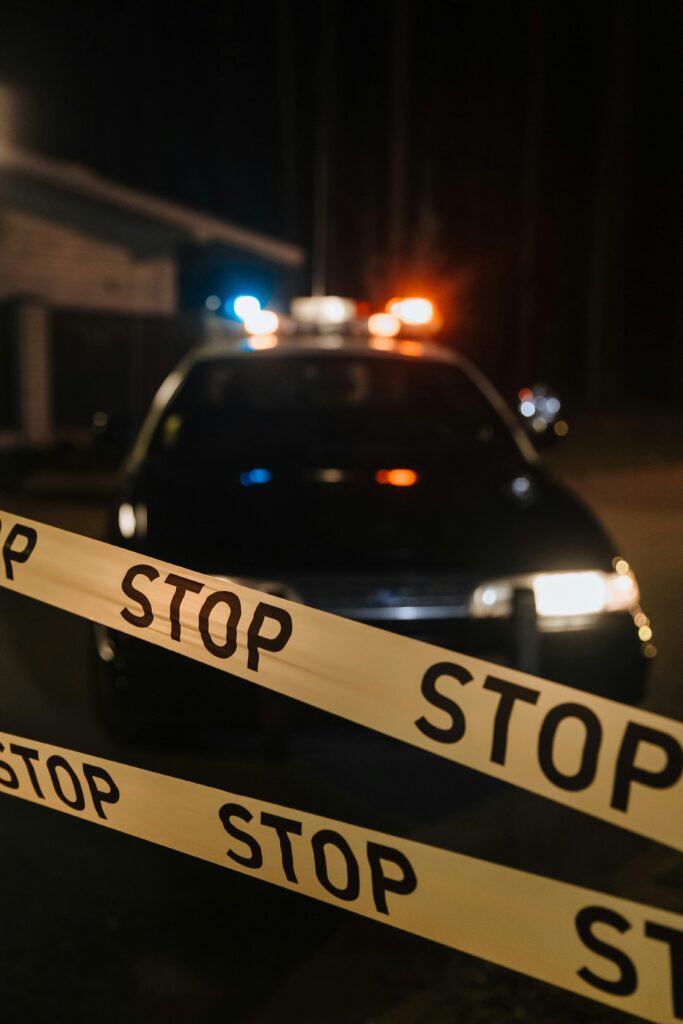When it comes to criminal law, there are certain terms that carry significant weight and can have serious consequences. One such term is “accessory after the fact.” Which refers to an individual who knowingly assists or provides support to a person who has committed a crime, typically by hiding or aiding them in escaping law enforcement. If you or someone you know is facing charges related to being an accessory after the fact, it’s crucial to understand what it means and how it can impact your case.
What Crimes Involve Accessory After the Fact?
Accessory after the fact, can come in various forms, such as hiding the offender, providing them with transportation, or helping them dispose of evidence. While the primary offender is the one who actually committed the crime, the accessory after the fact provides support or assistance after the crime has taken place.
Crimes that commonly involve accessory after the fact include but are not limited to murder, robbery, burglary, and drug offenses. It’s important to note that the specific laws and definitions of accessory after the fact may vary depending on the jurisdiction.
What Are the Differences Between an Accessory and a Co-Conspirator?
An accessory after the fact is different from a co-conspirator in terms of timing and intent. A co-conspirator actively participates in planning and executing a crime, while an accessory after the fact assists the offender after the crime has already happened. Furthermore, a co-conspirator typically shares the same criminal intent and purpose as the primary offender, whereas an accessory after the fact may not have the same level of intent or prior knowledge of the crime.
What Are the Penalties for Accessory Charges?
The penalties for accessory charges can differ based on the jurisdiction and the seriousness of the underlying crime. If convicted as an accessory after the fact, there can be significant legal consequences. These may include:
- Fines
- Probation
- Community Service
- Imprisonment
The severity of the penalties may escalate if the underlying crime is more severe or if the accessory had a significant role in assisting the offender.
Can Accessory Charges Be Plea Bargained?
Whether accessory charges can be plea bargained depends on the circumstances of the case and the discretion of the prosecution. In certain situations, a prosecutor may offer a plea bargain to an accessory if they provide valuable information or assistance in investigating or prosecuting the main offender. However, the decision ultimately lies with the prosecution, so it is recommended to consult with a defense lawyer to understand the potential for a plea bargain in your particular case.
How Do Accessory Charges Affect Juvenile Defendants?
When it comes to juvenile defendants, the treatment of accessory charges can vary. Depending on the jurisdiction, the age of the juvenile, and the seriousness of the crime, the court may choose to handle the case in juvenile court or transfer it to adult court. Juveniles accused of being an accessory after the fact may face similar penalties as adult offenders, but the focus is often on rehabilitation rather than punishment.
How to Defend Against Accessory Allegations?
If you find yourself facing accessory allegations, it’s crucial to seek legal representation from an experienced defense lawyer. A skilled attorney can help you build a strong defense strategy tailored to the specific facts of your case. Some potential defenses against accessory charges may include lack of intent or knowledge of the crime, coercion or duress, mistaken identity, or insufficient evidence.
What Evidence is Crucial in Accessory After the Fact Cases?
In accessory after the fact cases, evidence plays a vital role in determining guilt or innocence. Key pieces of evidence may include:
- Eyewitness testimonies,
- Surveillance footage,
- Phone records,
- Forensic analyses,
- and any other relevant documentation.
It’s essential for both the prosecution and defense to present and analyze the evidence thoroughly to ensure a fair trial.
Why is a Defense Lawyer Crucial in Accessory Cases?
Navigating the legal complexities of an accessory after the fact charge can be challenging without proper legal representation. If you’re facing the legal complexities of an accessory after the fact charge, don’t navigate it alone. Seek the expertise of Shaun Kent Law Firm, a trusted name in criminal defense. Our skilled defense lawyers specialize in criminal law and will diligently protect your rights, guide you through the legal process, and work towards the best possible outcome in your case. With our strong defense strategies, we’ll examine the evidence, challenge the prosecution’s arguments, and fight for your justice. Contact Shaun Kent Law Firm today for a powerful defense that you deserve.


